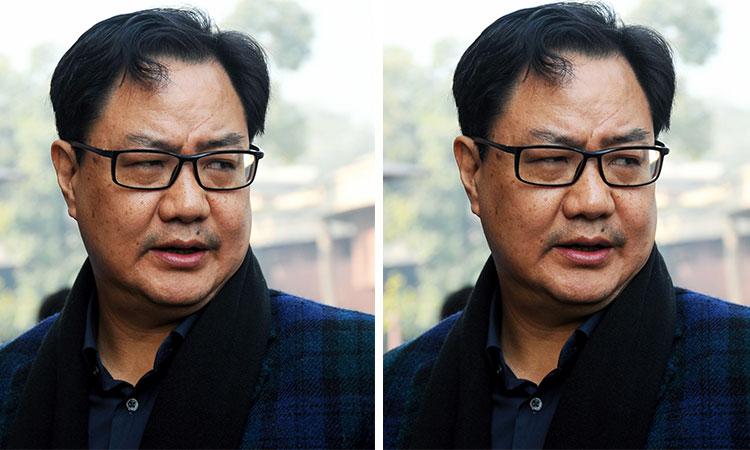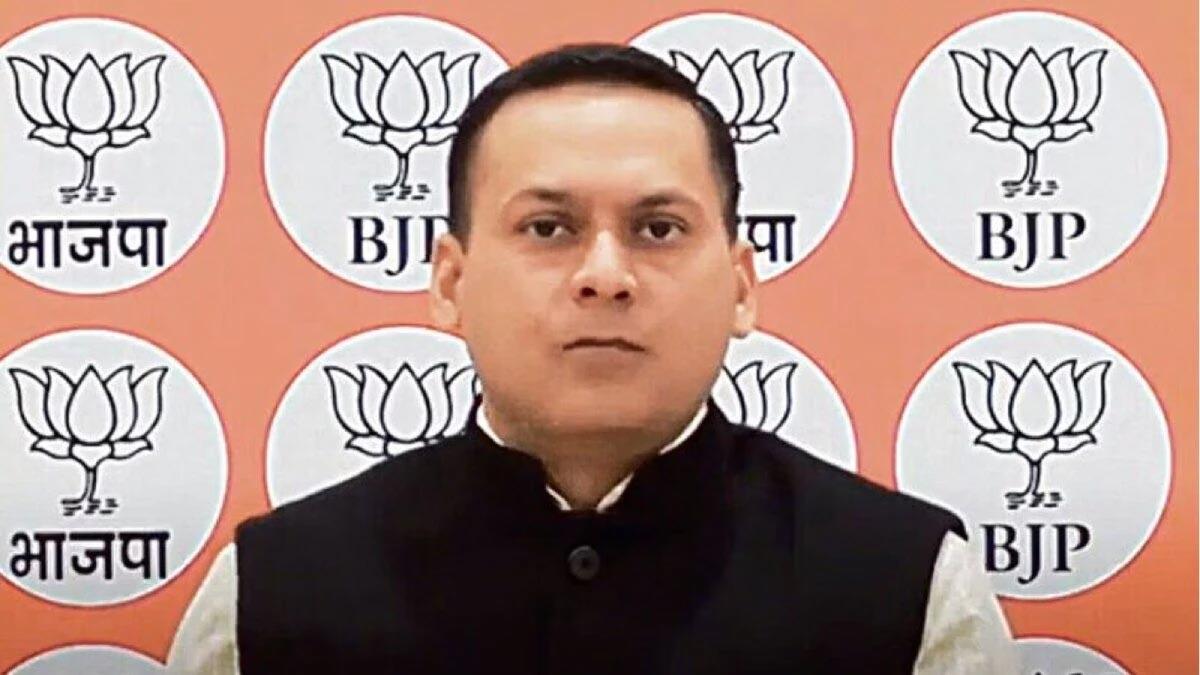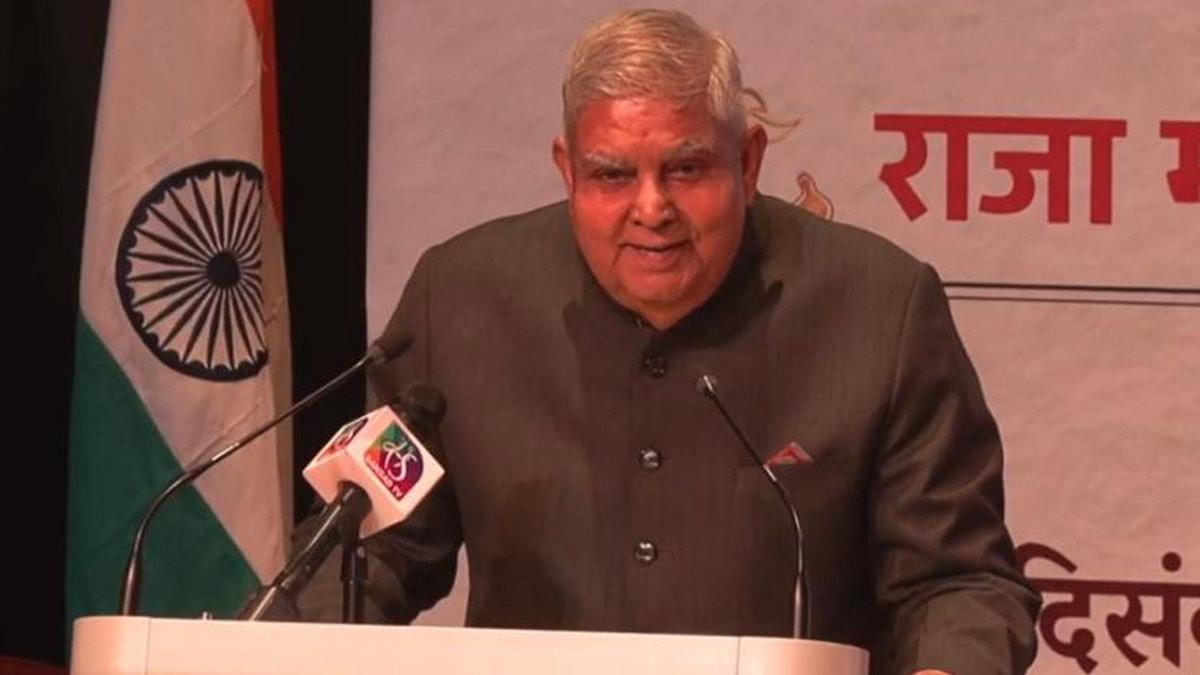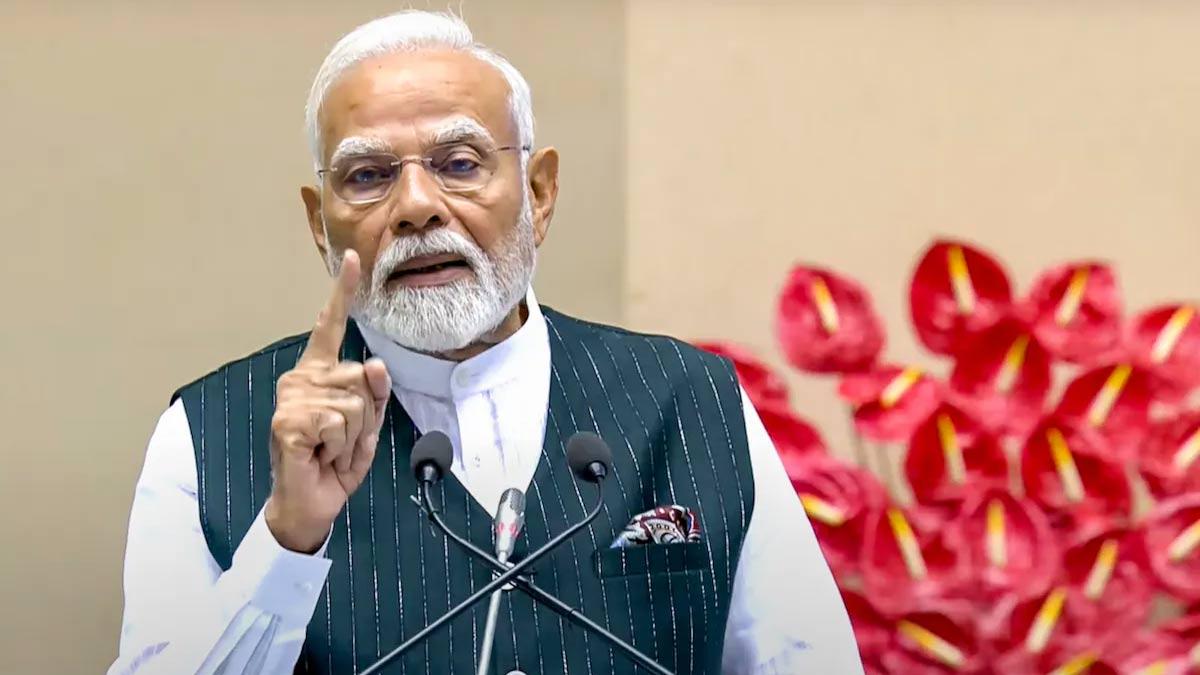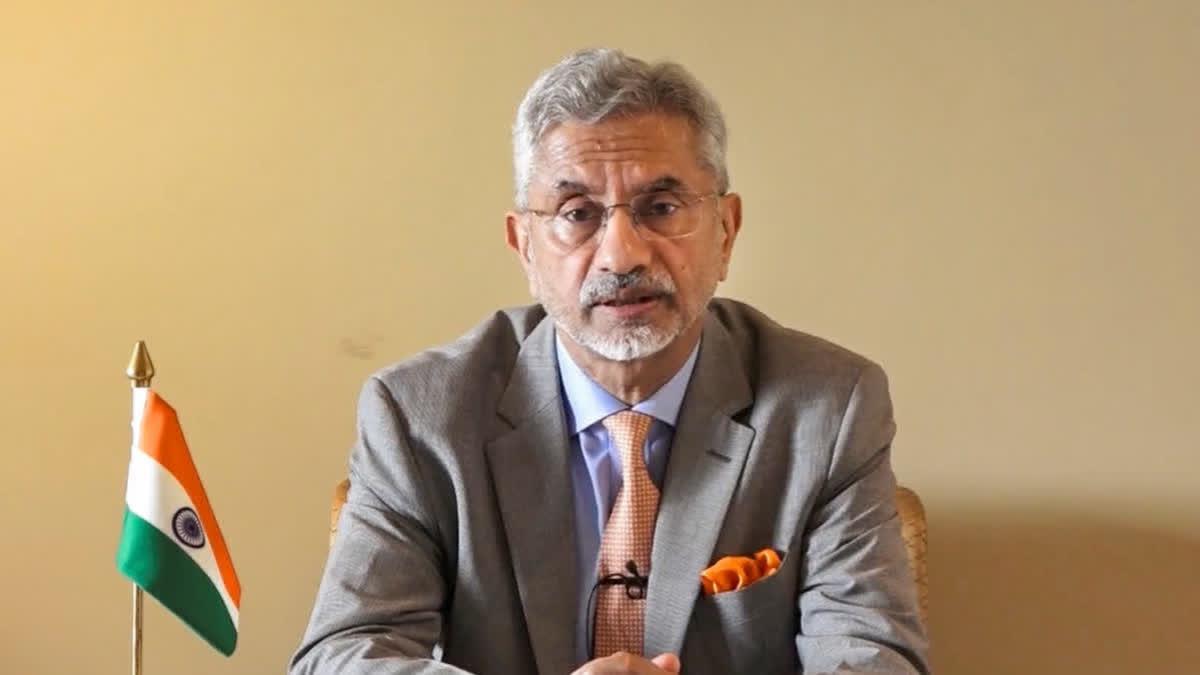Union Law Minister Kiren Rijiju has written to Chief Justice of India (CJI) D.Y. Chandrachud suggesting to include the government representatives on the collegium, which decides on judges' appointment.
The Law Minister, in a letter, said having government representatives will infuse transparency and public accountability.
The letter has come against the backdrop of the ongoing row between the Centre and judiciary over the appointment of judges. The Law Minister's letter is the latest in the series of criticism of the collegium system by constitutional authorities, which included the Vice President and the Lok Sabha Speaker.
Delhi Chief Minister Arvind Kejriwal, in a tweet, said "This is extremely dangerous. There should be absolutely no government interference in judicial appointments."
Also Read | L-G approves Jan 24 as date for Delhi Mayoral polls
Responding to Delhi CM's tweet, Rijiju tweeted: "I hope you honour court's direction! This is precise follow-up action of the direction of Supreme Court Constitution Bench while striking down the National Judicial Appointment Commission (NJAC) Act. The SC Constitution Bench had directed to restructure the MoP of the collegium system."
In another tweet, the Law Minister said, "The contents in the letter to hon'ble CJI are exactly in conformity with the observations and directions of the Supreme Court Constitution Bench. Convenient politics is not advisable, especially in the name of Judiciary. Constitution of India is supreme and nobody is above it."
Last year Rijiju, at a media event, had said that judges only recommend the appointment or elevation of those they know and not always the fittest person for the job. Later the Law Minister, in December last year, had said that there is no such proposal to reintroduce the National Judicial Appointments Commission (NJAC) with suitable modifications. He said it while responding to the several questions raised by politicians, Mallikarjun Kharge and Dr John Bittas in Parliament.
Rijiju said the appointment of the judges of the constitutional courts is a continuous, integrated and collaborative process between the executive and the judiciary.
On November 28, last year, the Supreme Court took strong exception to Law Minister Kiren Rijiju's recent comment on the collegium system of appointing judges, saying it should not have happened.
The top court had also slammed the Central government for delay in the appointment of judges and said that the government can convey its objections to the recommendations made by collegium, but it cannot sit on the names without conveying any reservations.
The National Democratic Alliance government, in 2014, brought the NJAC Act in an attempt to change the system of appointment of judges. The Supreme Court reiterated the collegium system and struck down the NJAC Act along with the 99th Constitutional Amendment Act in a 4:1 ratio.

